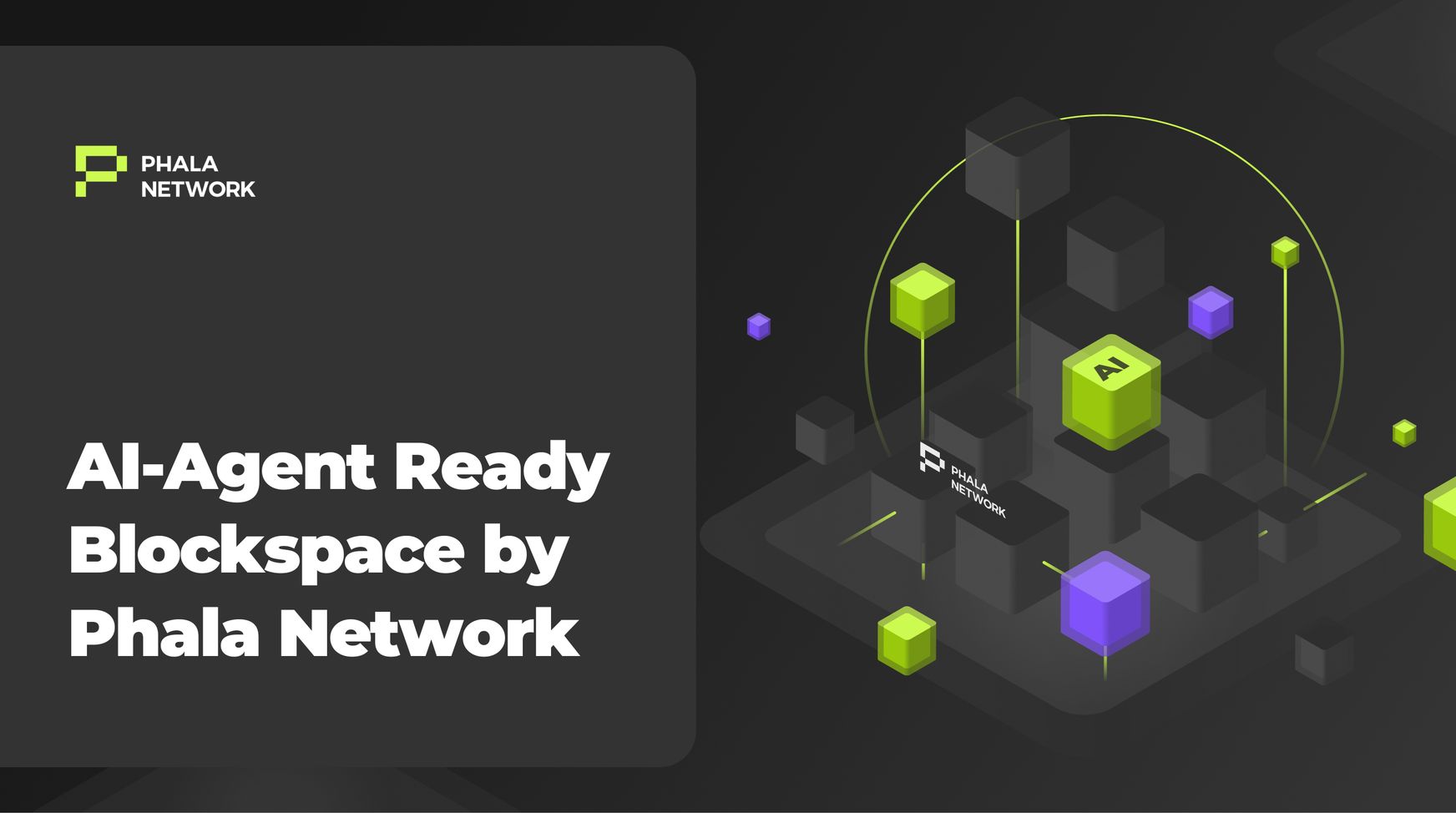
AI-Agent Ready Blockspace by Phala Network
2024-04-02
In our previous article, we delved into the five key features of Phala Network that establish it as a cornerstone of the AI-Agent Economy, thanks to its advanced AI-Agent Contract technology.
In this article, we're going to explore a fundamental principle of Blockchain technology called "Blockspace". Understanding the term "Blockspace" is crucial for grasping the structure of blockchain technology and its effects on the digital economy, especially as we incorporate AI agents into blockchain environments.
This blog aims to provide a more technical perspective on Blockspace, discussing its fundamental attributes, challenges, its significant role in supporting AI agents, and how Phala Network presents a viable solution for these digital entities.
Understanding Blockspace: A Closer Look
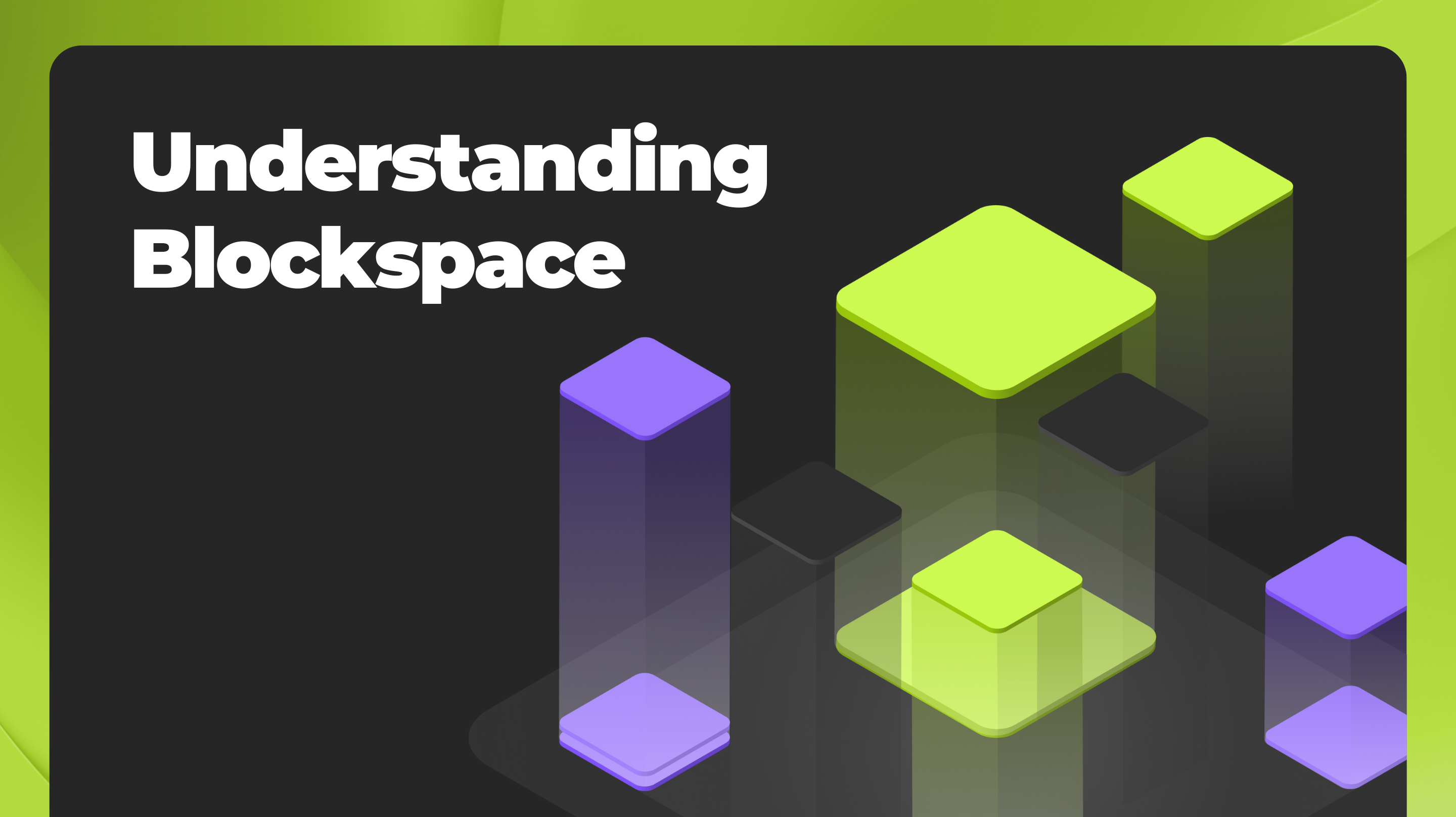
Blockspace essentially refers to the digital capacity within a blockchain's block, where transactions and smart contracts are recorded and executed. It's a limited resource critical for the operation of any blockchain, dictating how much information each block can contain and thus, directly influencing the network's throughput and efficiency.
Consider blockspace as the capacity of a train cargo where each container (block) has a limited space for goods (transactions). Just like optimizing the cargo load is essential for efficient transport, optimizing blockspace usage is key for the blockchain's performance.
Core Attributes of Blockspace
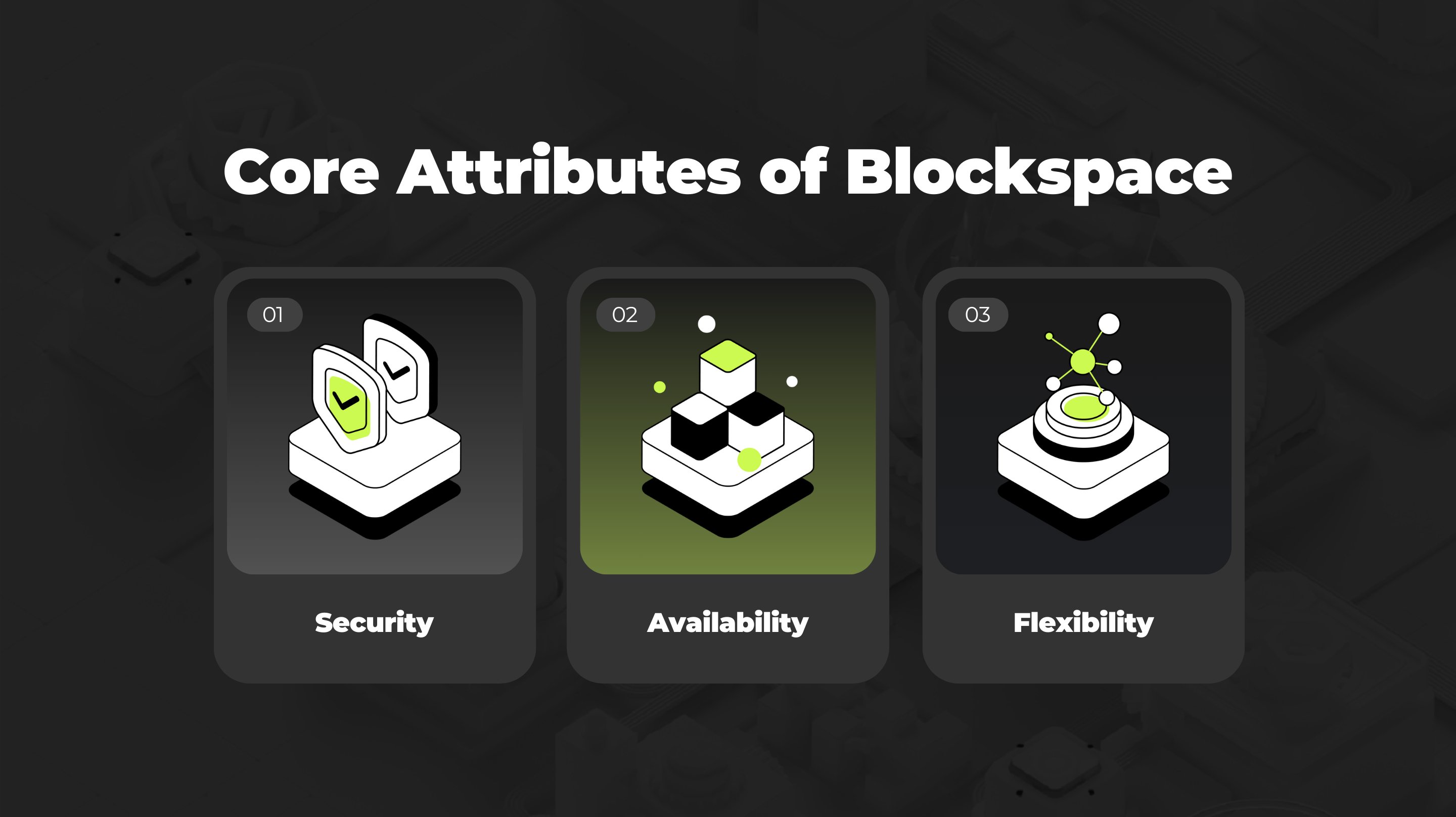
Blockspace is characterized by three main attributes that define its efficiency and suitability for various blockchain applications:
- Security: The degree to which transactions within the blockspace are protected against unauthorized alterations. High security ensures that once data is written to the blockchain, it cannot be changed, providing a trustless environment for users.
- Availability: This pertains to how readily users can access blockspace to conduct their transactions. A highly available blockspace means users can execute transactions without undue delays or prohibitive costs.
- Flexibility: Refers to the blockspace's adaptability to support a diverse range of transactions and smart contracts. A flexible blockspace can accommodate various use cases, from simple payment transactions to complex decentralized applications (dApps).
Challenges Facing Blockspace
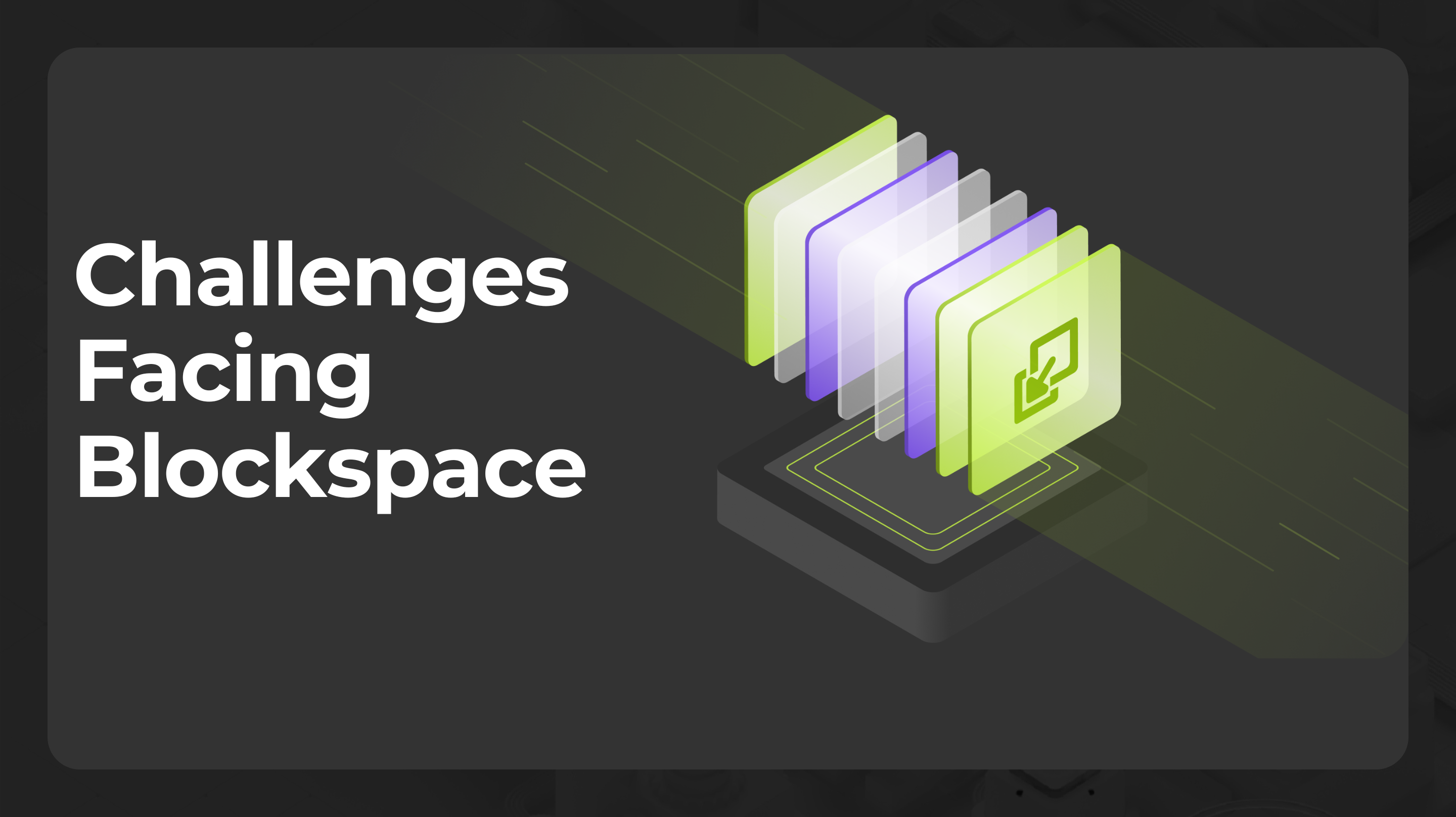
Despite its critical role, blockspace is not without challenges. The primary issue is scalability: as more users and applications demand space, the network can become congested, leading to increased transaction fees and slower processing times. Additionally, the efficiency and security of blockspace can vary significantly across different blockchain networks, influenced by their specific technologies and governance models. These limitations highlight the need for continuous innovation in blockchain infrastructure to improve blockspace management and scalability.
The Role of Blockspace in the AI-Agent Economy
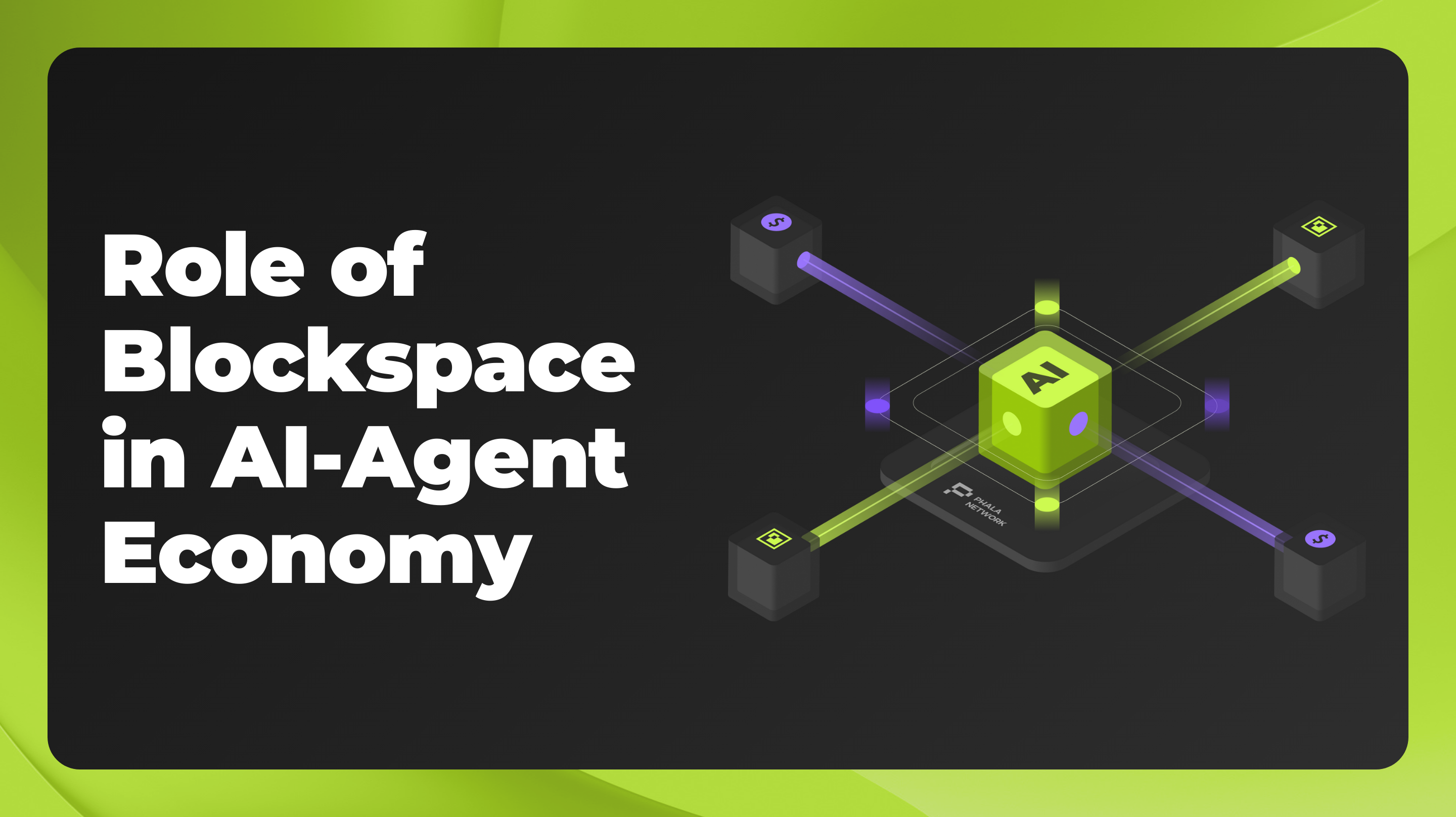
The integration of AI agents into blockchain ecosystems introduces a significant demand for efficient blockspace. These agents, powered by smart contracts and dApps, rely on blockspace to execute complex operations autonomously. From managing transactions in decentralized finance (DeFi) to performing governance functions, AI agents require a robust, scalable, and secure blockspace to function effectively. As the use of AI agents expands, the pressure on blockspace resources intensifies, underscoring the importance of developing solutions that can accommodate this growth.
Phala Network's Approach to Blockspace for AI Agents
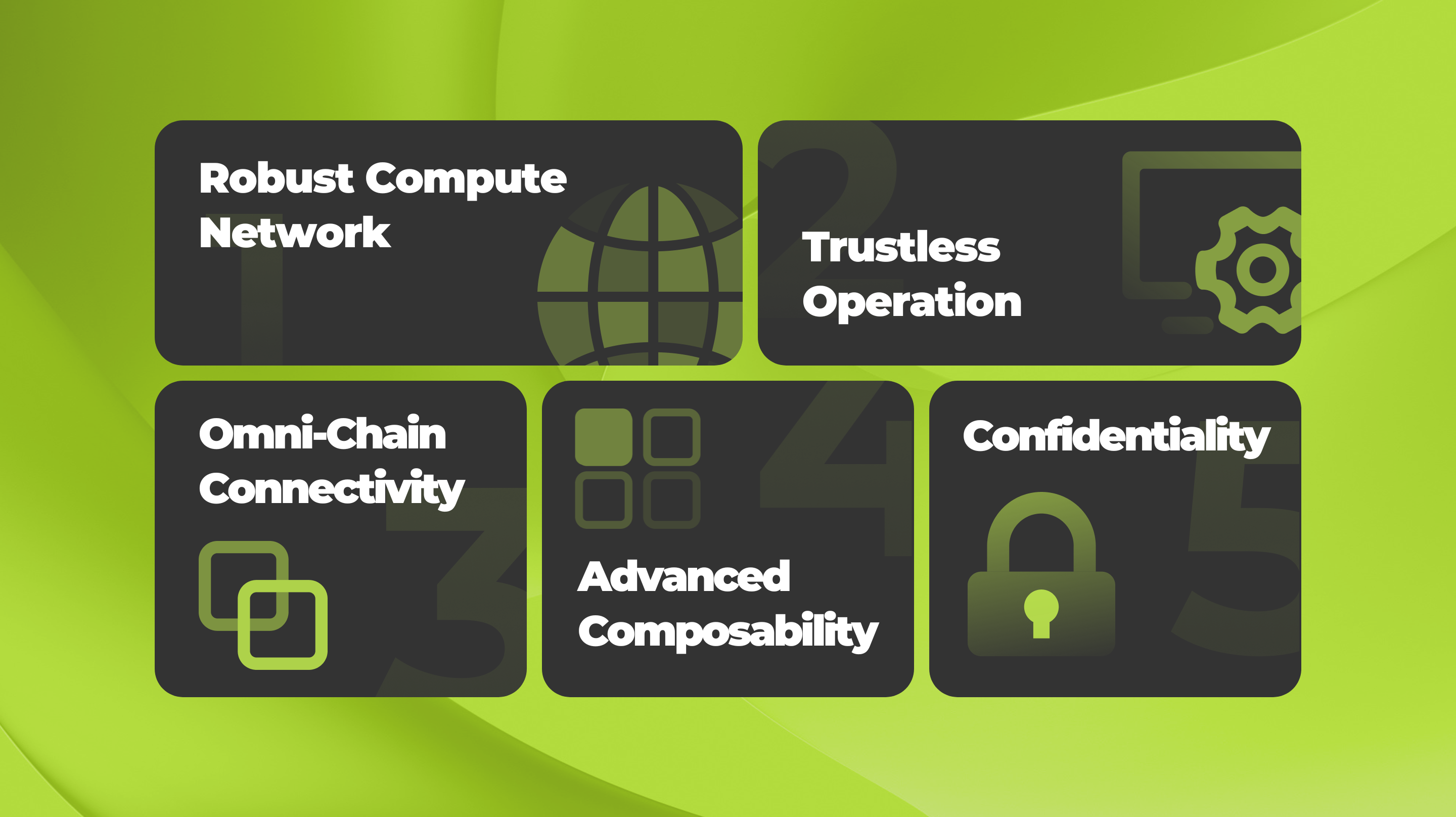
Phala Network offers a specialized blockchain infrastructure that addresses the blockspace needs of AI agents. Here's how Phala stands out in managing blockspace:
- Robust Compute Network: Phala’s network, with thousands of computation nodes, provides the necessary scalability and reliability to support a large number of AI agents, ensuring that blockspace does not become a limiting factor in their operations.
- Trustless Operation: By facilitating operations in a permissionless and trustless environment, Phala ensures that AI agents can operate securely and efficiently, with minimal risk of interruptions.
- Omni-Chain Connectivity: Phala enhances the functionality of AI agents by enabling them to interact with smart contracts and off-chain programs across multiple blockchains, thus broadening their operational scope.
- Advanced Composability: The network supports complex interactions and collaborations among AI agents, allowing them to share states and functionalities seamlessly.
- Confidentiality: Leveraging technologies like Trusted Execution Environment (TEE), Phala ensures that the operations of AI agents are conducted with utmost privacy and security, safeguarding sensitive data.
Conclusion
Blockspace is a crucial aspect of blockchain technology that directly impacts its capacity to support current and future digital economies, especially with the increasing use of AI agents. The challenges of scalability, security, and efficiency in blockspace management necessitate innovative solutions like Phala Network. Phala's approach not only addresses these challenges but also positions itself as an essential infrastructure for the seamless integration and operation of AI agents within the blockchain ecosystem.
